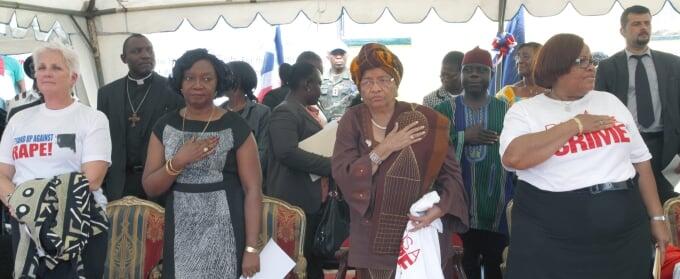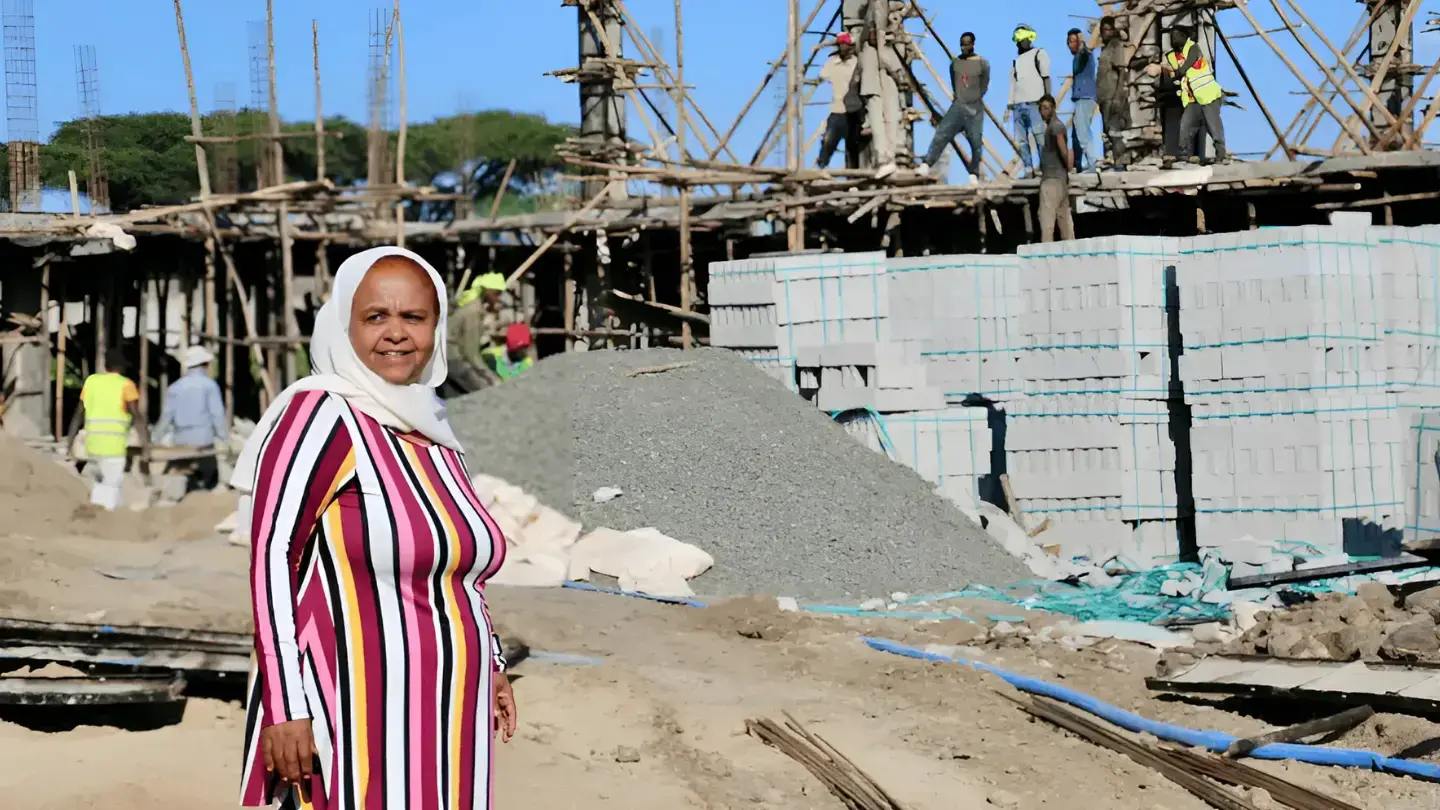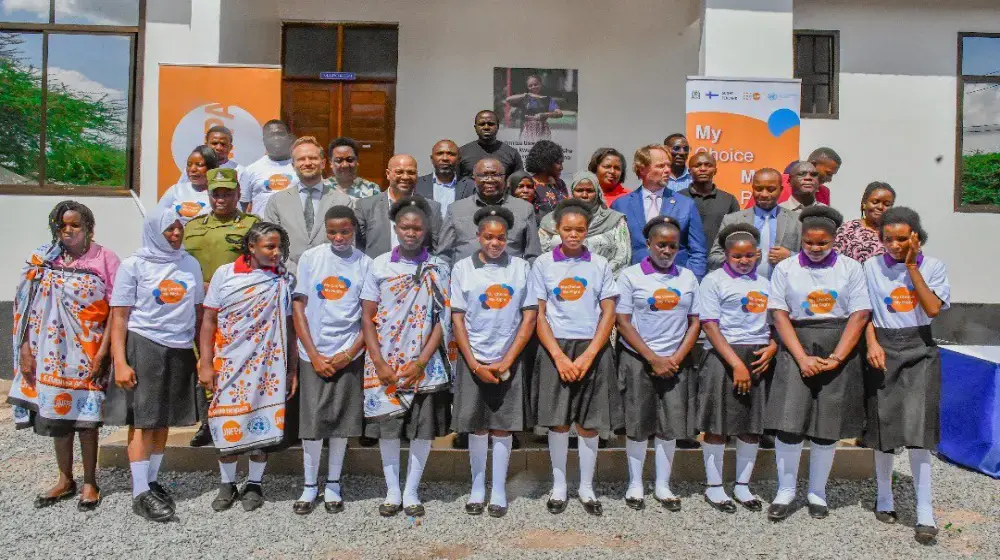LIBERIA, Monrovia — Around the world, other countries were celebrating International Labour Day. But at the moving launch of a campaign against rape in Liberia – which included President Ellen Johnson Sirleaf – the audience was in tears.
Few eyes were dry as girls aged between 10 and 15 years lit candles and read out the names of girls who had died because of rape. Among the names was that of Olivia, who developed a fistula from being raped repeatedly by her uncle. After four failed repair attempts by surgeons, she died in December last year.
Rape is unacceptable, President Ellen Johnson Sirleaf told those present. “Sexual violence is of growing concern in our country, especially the rape of children. We are falling short when it comes to prosecuting sexual and gender-based violence cases,” she said. She made a special appeal to the traditional leaders who were present to take the message back to their communities to help stem the tide of rape.
The month-long campaign, themed Stand Up Against Rape, was launched in the wake of a public outcry over the news that a 43-year-old man who had been arrested had raped numerous girls between the ages of 6 to 15 years.
In Liberia, rape and domestic violence accounted for over 70 per cent of all reported cases of gender-based violence (GBV)(PHC 2008). A total of 2493 GBV cases were reported in 2012, 2383 in 2011, and 2029 in 2010 and about 68 per cent of them were rape, according to Ministry of Gender GBV Unit Reports.
The persistence of harmful traditional practices in the country, such as Female Genital Mutilation/Cutting (FGM/C), continues to undermine women and girls’ enjoyment of basic human rights and impacts negatively on their sexual and reproductive health. School retention and high dropout rates among girls also remain serious challenges.
The launch ceremony was attended by the United Nations Special Representative of the Secretary General in Liberia, Karin Landgren, as well as development partners, donors, members of the Legislature, traditional and religious leaders, civil society organizations and ordinary men and women, boys and girls.
The campaign was initiated by the United Nations Joint Programme on Sexual and Gender-based Violence (SGBV), falling under the implementation of the United Nations Population Fund, UNFPA as the lead UN agency and the Ministry of Gender and Development as the co-ordinating Ministry. It was implemented in all counties using various means of communication, including IEC/BCC messages, popular musicians appointed as goodwill ambassadors, cultural performances, community dialogue and radio programmes.
~ Stella Twea, GBV Specialist, UNFPA Liberia Country Office





